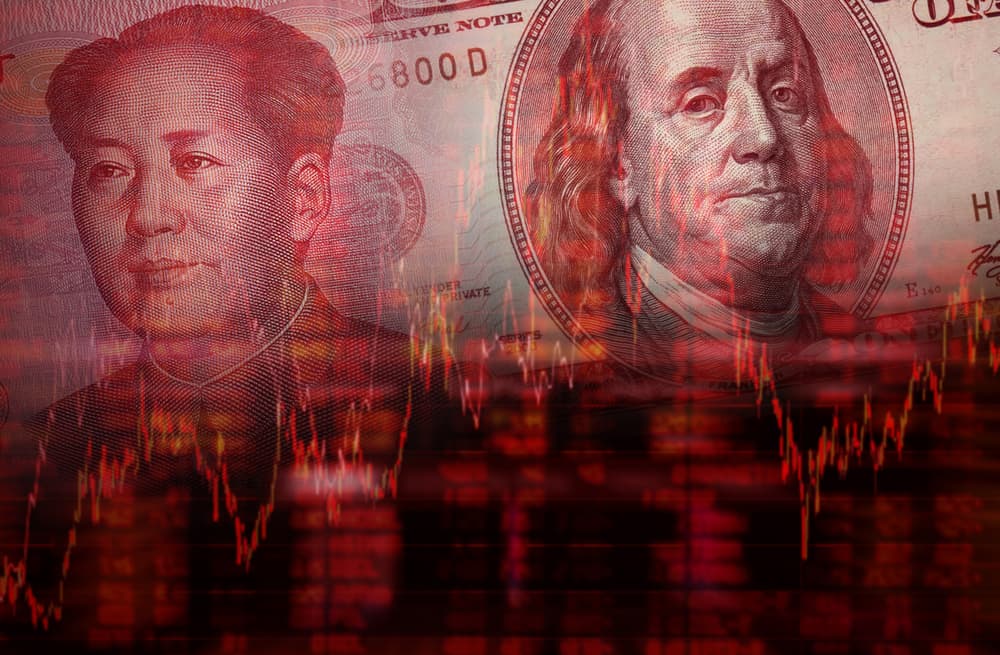Will China’s Digital Currency Challenge Bitcoin, and Perhaps the USD?

Author: Michael Stern
Last Updated: 4 June 2020
Digital payment systems are not new to Chinese shoppers. They find moving from shop to shop in Beijing or Shanghai with a smartphone app such as Alipay a lot easier than carrying a purse or wallet filled with Yuan notes. The Chinese government has recently embarked on a pilot program for a digital version of its currency. Some early observers believe the virtual Yuan could strengthen the power the government holds on the current financial system. There is reason to think that there may even be a shift in the balance of global economic influence.

The Digital Yuan Will Be Electronic Money
The majority of electronic financial transactions in China consist of debits and credits in accounts at different banks. The digital Yuan, China’s version of digital cash, resides in a digital wallet on a person’s smartphone. It is not traditional cash kept in a wallet or purse. The value of the digital Yuan will be state-backed. As virtual cash would be considerably easier to use than conventional paper money, the authorities may find they have a degree of control not possible with paper money and coinage.
Although small, the program began in selected cities during April. The monetary authorities are paying close attention to the limited launch. The authorities are being careful to ensure the new digital currency does not crowd out other forms of money, such as cash deposits in banks. Banks need money. Otherwise, they would not be in a position to extend credit to borrowers. The digital Yuan could also compete with Alibaba Group and Tencent Holdings, which back Alipay and WeChat, respectively.
Payments using mobile apps supported by large tech companies already represent almost 16 percent of GDP in China. This compares with less than one percent in the United States and the United Kingdom. Chinese policymakers are expressing some concern that a few companies will amass too much of the financial infrastructure of the country. Peoples Bank of China Governor Yi Gang noted last year that China’s big tech companies bring challenges and financial risks.
Independent Crypto’s
At the same time that the digital Yuan is slowly being tested; the rise of other independent cryptocurrencies such as Bitcoin has created the danger that a great deal of economic activity will occur out of the view of policymakers. In recent years, Chinese authorities have cracked down on the use of crypto, but the same authorities were quick to see the potential of the basic concept. This thinking was based on the premise that authorities had some control.
The study of a digital currency of its own in Chinas started in 2014. Although the digital Yuan is being tested, the consensus is that it will be some years before a national launch takes place.
When the digital Yuan is up and running, the people of China will be able to use it as currency using their digital wallets. There will be no need for people to maintain conventional bank accounts, thus making financial transactions much easier for 225 million Chinese citizens who have no access to the banking system.
In the near future, you will be able to acquire this new digital coin with the YuanPay Group.
BWCEvent aspires to share balanced and credible details on cryptocurrency, finance, trading, and stocks. Yet, we refrain from giving financial suggestions, urging users to engage in personal research and meticulous verification.


